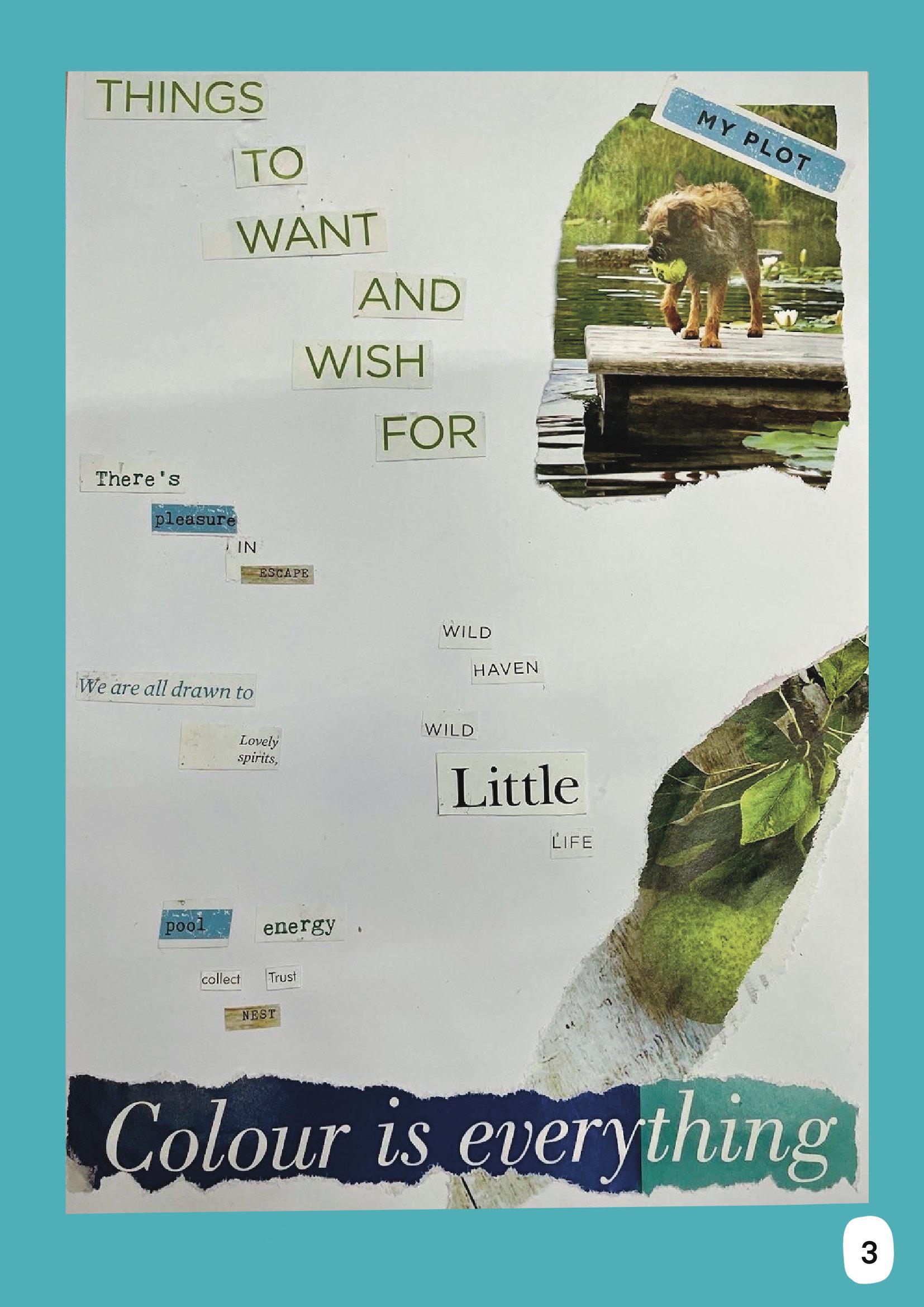

Deaf, Disabled and Neurodivergent Artists

1. Session Content
2. Leigh East
3. Lucy Barker
4. YAYA
5. Nicole Joseph
6. Alison Colborne
7. Dan Mallaghan
8 - 9. Paul Wilshaw
10. Alex Whiteley
11. Kat Martin
12. Via Macnab
13. Jenn Wilson
14 - 15. Liam Bairstow
16 - 18. Jez Colborne
19. Luke Matthews
20 - 21. Naheed Aslam
22. Paul Wilshaw and YAYA
23 - 24. Michelle Duxbury
25. Via Macnab
26 - 27. Carolyn Eden
28 - 32. Manifestos
Bradford Producing Hub Presents:
Empowered: Deaf Disabled and Neurodivergent Artists
Part of a wider series, focused on supporting, responding to the needs of, and ultimately empowering marginalised artists.

A cohort of 14 Deaf, Disabled and/or Neurodivergent identifying artists and creatives from various art forms with the ambition to become future creative leaders, attended sessions between 25 - 27 October 2023.
The programme was led by Alex Whiteley, with additional workshops by Jenn Wilson, illustrator YAYA and Katrina Woolley.
The sessions covered:
• A Consent Compass - exploring a framework for understanding and navigating consent, making choices on your own terms, transforming connections, and creating change in the world.
• Lived Experience - sharing the collective and individual lived experiences of Deaf, Disabled and/or Neurodivergent artists, aspirations for accessible creative spaces, and ideas on what industry leaders and non-disabled artists should understand.
• Creative activities exploring Deaf, Disabled and Neurodiverse identity, ambition, change, and reaching those goals collectively and individually.
• A zine-making workshop capturing programme discussions. This zine acts as a legacy document for the project - a toll to inspire and advocate for Deaf, Disabled and Neurodiverse artists within the sector. It also showcases the tenets of 3 manifestos, conceived during workshops with Alex.
• Talks and Q & As with Deaf, Disabled and/or Neurodivergent leaders from across the arts sector: Sarah Francis, Shahid Iqbal Khan, Jo Verrent, and Benjamin Wilson.


























Actively listen to disabled people and be responsive to what you hear; and maintain that consistently, not momentarily.
Disabled-led
from top to bottom
a) Representation throughout the industry
b) Dedicated and paid positions to advise (Don’t just use disabled people on your team with other roles).
Journey
to accessibility
It is never finished and is always needed, whatever you consider your provision is.
Your accessibility should be holistic, adaptable and integrated.

Prevention over cure
Raise the baseline
Not an after thought
Cultural Change
Options for everyone
An accessible world is better for everyone!
Bring our ethos of care, community, connectedness etc. to the industry and our companies, not just our participants.
Attitude is key.

Value disabled people and their creativity the same as abled people.
We are not “inspirational”; we are not automatically worse/amateurish Our art is not of higher/lower quality
Disability may inform our art, but it doesn’t define it. We don’t need a separate category, We are artists.
Learn and understand the social model of disability, intergrate this into practice.


The Empowered programme and Series of Care workshops have been radical in allowing artists and creatives the space and time to grow. Specifically, artists found strength in their identity, found community, confidence and resistance, in a safe and supportive way in Bradford.
We advocate for change with artists of all identities and backgrounds across the sector, prioritising accountability, solidarity and allyship. We want this change to have a legacy and, for our artist cohorts, this legacy to be marked and sustained.
The findings across our Empowered programmes will inform our Artist’s Charter - outlining how individuals and organisations within our sector commit to treating each other equitably and with respect.
The full programme and the artists involved will be digitally archived on the BPH website - bdproducinghub.co.uk/

